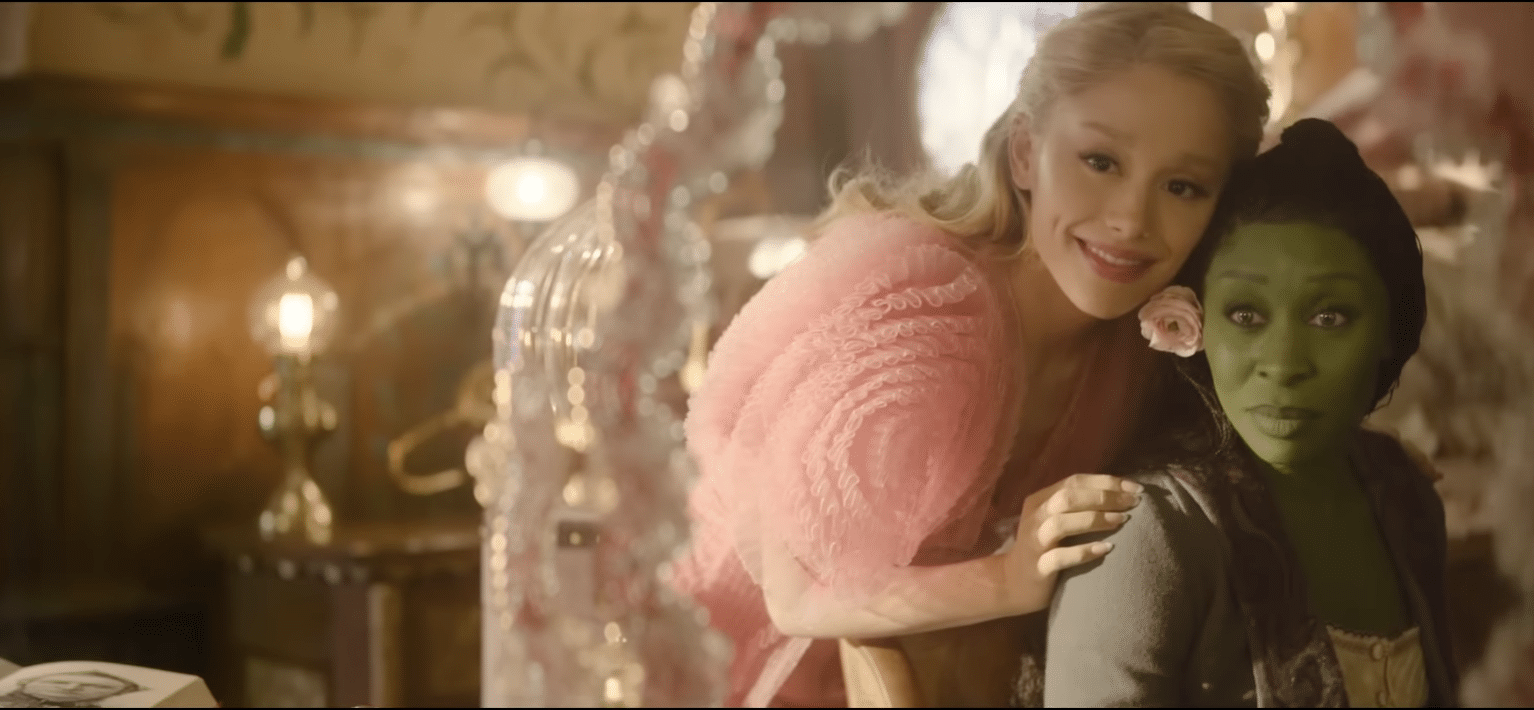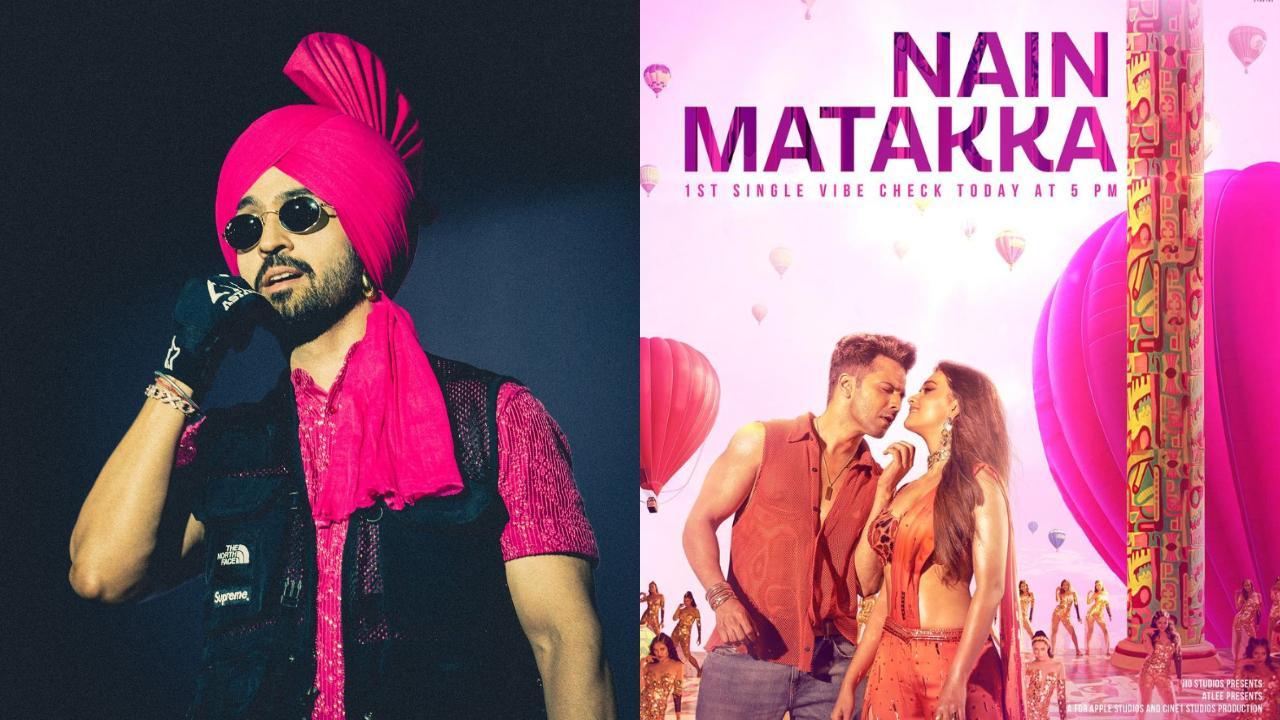Ariana Grande and Cynthia Erivo in “Wicked”. Screengrab from YouTube/ Universal Pictures Despite its emergence alongside the invention of the sound picture, the musical “Wicked” ended up as the toddler medicine of film genres. The golden age of musicals ceased decades ago, but from time to time, it makes rare and memorable appearances.
The recent record of musicals is pockmarked with successes and failures, but for some reason, there is a special fear among producers to fail in musicals compared to other genres. Accusations against film studios for deliberately “hiding” musicals from the public started after the release of “song-free” initial film trailers of “Wonka” and “The Color Purple.” Like sneaking medicine inside food to trick a toddler into drinking it, modern musicals are disguised not to spoil ticket booth attendance.
With a multi-million budget, an all-star cast, and the preeminent modern musical director at the helm, “ Wicked ” embraces its musical roots. Granted it is one of the most recognizable theatrical properties, but it still feels refreshing to see a film studio market a musical as a musical. Flawed but heartfelt, the brilliant cast and the manic spirit of its director elevated the first part of “Wicked” into a largely entertaining big-screen adaptation.
Although it remains faithful to the stage musical, the film tweaked certain production numbers and added lore from the novel and the 1939 classic “The Wizard of Oz.” The.


















